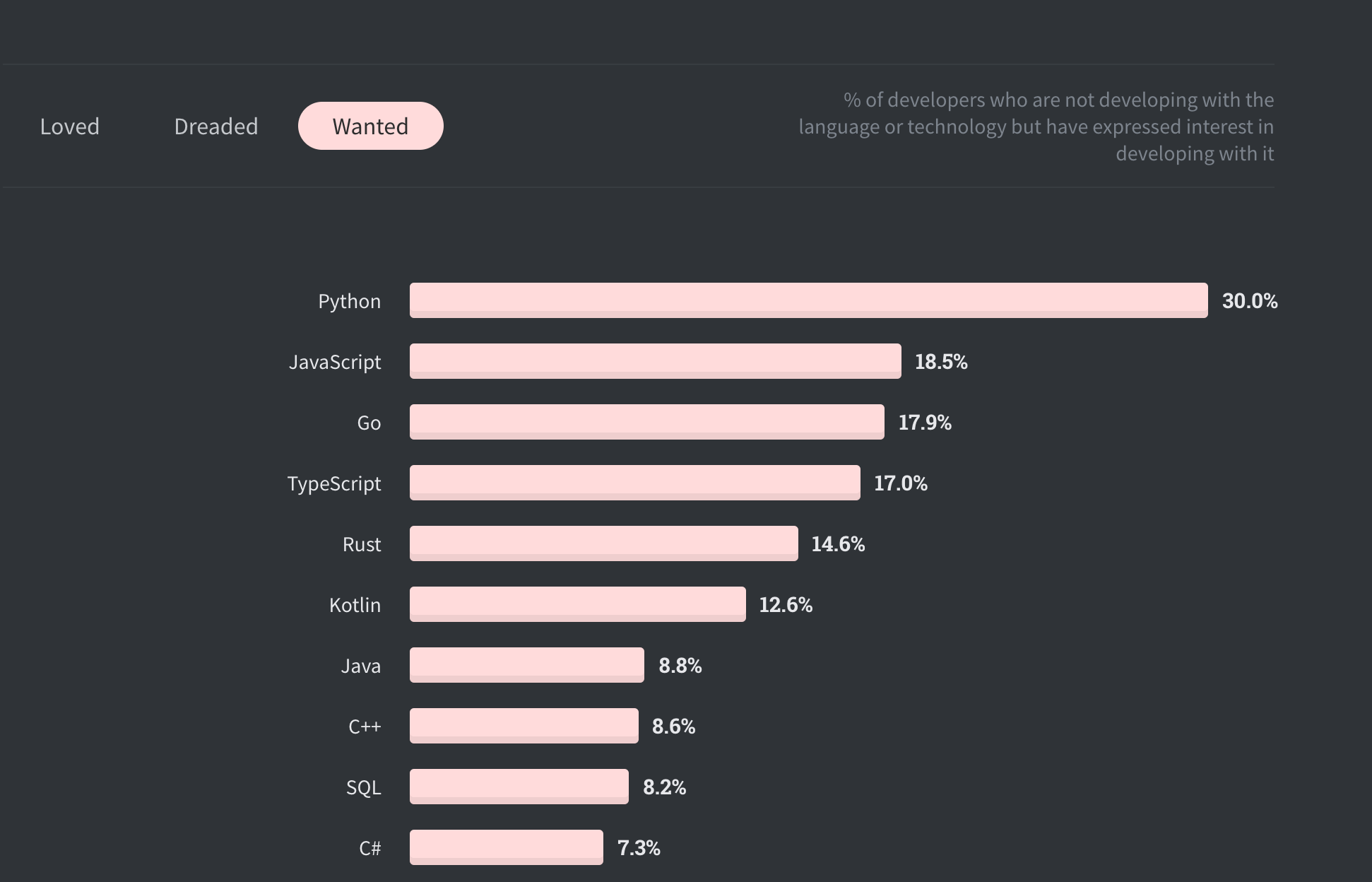In these years, technology-related jobs have become very in demand. The emergence of many startups creating applications that revolutionize the way of life of humans is one of the triggers. Developing country governments also directing their policies to accelerate technology development towards the 4.0 era.
To be able to join 4.0 Workforce is not easy. Although the needs of technology workers are large, the qualifications required are usually quite numerous and difficult. Most of the prerequisites will not even be taught in formal institutions such as universities.
This article is an overview of the current industrial conditions from my point of view, which might be used as a consideration in choosing what to study or avoid in order to participate in enlivening technological progress in Indonesia, even the world.
Why learn programming?
At the beginning of college, usually, computer engineering students will receive basic programming material using C, Java, or Python. The goal is simple, it provides the basics so that students know how to program, know data types, and much more.
The above learning is appropriate for a student, whose main requirement is to study, to try everything. However, this becomes different when the learner is someone who wants to find work in the programming field.
This article was inspired by a video on youtube entitled Why You Shouldn't Learn Python In 2021. The video talks about why we shouldn't learn the Python programming language in 2021. It's a little strange, because Python is the most wanted programming language in 2020, according to a survey from StackOverflow.

If you want, you can watch the video first to better understand the context of the recommendation not to learn Python. But the point of the video is so that we understand and realize, the reason we learn any programming language.
So it's not just Python. Java, C, Go, or any other language, if you learn it just to learn it, that would be unwise (again, this is for people who want to work in programming). The reason is simple, just try to find a job that requires only one programming language. Very little or nothing at all.
Usually, a prerequisite for a job vacancy in a programming language is followed by a range of other related skills. Python is usually juxtaposed with data science or machine learning tools such as tkinter, tensorflow, and others. Or the Javascript programming language is often followed by React, Vue, NodeJS and so on.
In essence, if you really intend to find work, don't just learn the programming language, but also the implementation of the language in a particular field.
Javascript, for example, which is suggested in the video mentioned earlier, is the best option for starting a career because of the wide choice of learning paths, and it is relatively easy to master.
By learning Javascript we can take a path as a frontend engineer by then mastering HTML, CSS, then frameworks like React. Javascript can also be applied in backend development using NodeJS and ExpressJS (of course plus databases such as mySQL or mongoDB).
One time, when you are comfortable with one path and productive with it, then it will be wise to learn another learning path, or just learn any programming language, with the aim of increasing logical skills and sometimes even helping to communicate with other roles in an application development process.
Learning path
The learning path, must be taken into consideration when choosing a career according to the ability and time you have. Each path has a different learning complexity and time span. For example, being a data scientist or ML engineer is certainly more difficult and takes longer to learn than being a frontend developer.
I personally choose to become a frontend developer. My main programming language is Javascript, which has a fairly straightforward path. After understanding Javascript, HTML and CSS, I continued to study React and React-Native as a framework to make web and mobile application creation easier. With a little extra effort, learning ExpressJS, databases (mongoDB or MySQL), server setup, you can become a fullstack developer.
Well, maybe that's all, I hope there is something that can be material for your reflection. Finally, I will include several roadmaps containing many paths that you can choose as your career path. The link I gave is just an example, you can search for many other roadmaps with different paths, so keep researching 🙂
- Frontend developer roadmap
- Backend developer roadmap
- Devops roadmap
- Fullstack developer roadmap
- Cybersecurity
- Data Scientist
- Machine learning engineer
Finally (2), to start learning, there are tons of sites you can visit that offer curriculum from basic to advanced. Some of them are Udemy, Harvard edu, Khan Academy, and there are many others. These sites also provide free courses for those of you who want to try to start learning.
Bonus: I usually download free courses here. But once I get "productive" because of the course, I'll buy the original 🙂